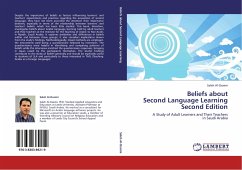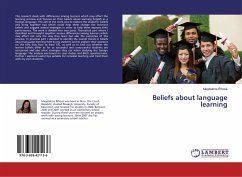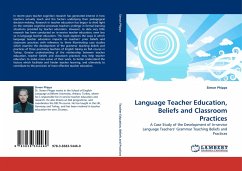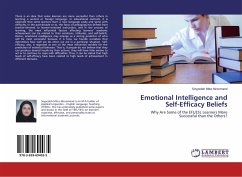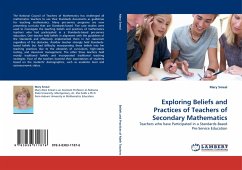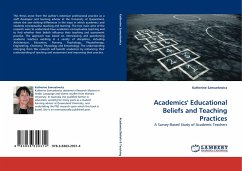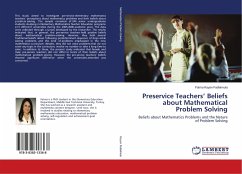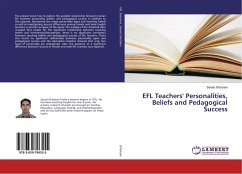Despite the importance of beliefs as factors influencing learners and teachers expectations and practices regarding the acquisition of second language, they have not been accorded the attention their importance deserves, especially in terms of the relationship between learners and teachers beliefs, which has been little studied. This book, therefore, investigates beliefs about Arabic language learning held by adult learners and their teachers at the Institute for the Teaching of Arabic to Non-Arabs in Riyadh, Saudi Arabia. It explores similarities and differences in beliefs within and between those groups. It also considers implications drawn from the study s findings. Methodologically, mixed methods are employed, the instruments used being a questionnaire followed by interviews. The questionnaires were helpful in identifying and comparing patterns of beliefs while the interviews enriched the questionnaire responses, bringing in issues raised by the participants themselves. The study's findings contribute to the study of beliefs generally and should be especially useful to students of SLA and particularly to those interested in TAFL (Teaching Arabic as a Foreign Language).
Bitte wählen Sie Ihr Anliegen aus.
Rechnungen
Retourenschein anfordern
Bestellstatus
Storno

